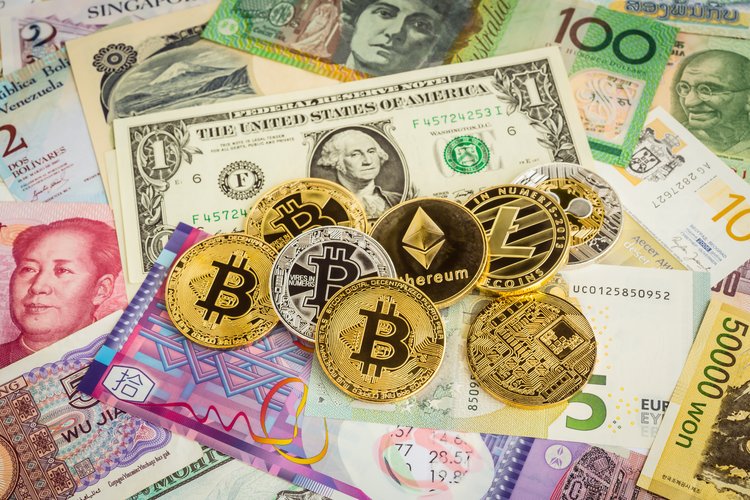Cryptocurrencies are set to remain largely investment opportunities, with their use as a widespread, everyday payment option unlikely to emerge in the near future according to expert opinion.
A research note provided to Insider.Pro by consultancy Gartner states that “no major, sustainable, mainstream retail payment systems using blockchain” are expected to hit the market in the next five years.
That prediction comes amid reports from payment processing companies who say that whilst the number of merchants using their services to accept Bitcoin (Bitcoin) and other altcoins is growing, it remains an area inhabited largely by enthusiasts.
“A lot of the merchants we have understand everything to do with crypto and they are happy to just hold on to it,” Sean Mackay, operations lead at payment platform CoinPayments, told Insider.Pro.
According to Mackay, the volatility in the value of cryptocurrencies is one of the major factors stopping more businesses from accepting them. There are ways to hedge against this, including immediate settlement and conversion into fiat of cryptocurrency transactions. But such operations attract higher fees, something which can fatally undermine the cost-saving rationale for accepting digital money in the first place.
Transaction costs themselves can also be prohibitively variable. Last December the cost of a transaction on the Bitcoin network rose to $34, prompting a number of merchants to stop accepting the cryptocurrency. Today that figure is back to under $1, although could rise again if Bitcoin sees a surge in popularity.
Speed is also an issue. Where fiat transactions can be processed in a matter of seconds, purchases made with cryptocurrency can entail relatively long processing times because of the peer-to-peer nature of the underlying technology.
“The whole system built behind fiat allows for instant payments because some central authority is vouching for it,” Mackay said.
“I can go into a store and pay by Visa and walk away right away. Whereas if you go in and pay via Bitcoin that’s going to take ten minutes to get on the chain and then another 20 to 30 minutes for a few more confirmations.
“So it’s not really ideal for buying a cup of coffee or anything in person.”
Borderless money
In spite of these drawbacks, where blockchain-based currencies do have the potential to excel is in cross-border money transfers. The recent case of $99 million worth of Litecoin (LTC/USD) sent between two wallets in two-and-a-half minutes, at a cost of 40 cents in mining fees, has highlighted the benefits of this approach. With the relatively lengthy processing times and high costs associated with sending fiat money internationally creating strong incentives for individuals and institutions to seek alternatives, cryptocurrency could emerge as a big winner.
According to Gartner, further innovation in this area expected, with the consultancy writing that when it comes to cross-border remittances, it believes “market and cost dynamics make it more likely that sustainable payment solutions, based on blockchain, can be developed.”
But it stresses that blockchain technology is still comparatively untested and underdeveloped compared to existing systems which, by and large, satisfy the current needs of most users.
“Even in developing markets there are already multiple, mature alternatives to blockchain as a means of delivering payment innovation,” the research note reads.
Dominant, but not convenient
For now, Bitcoin remains the world’s most traded and most popular cryptocurrency, even if does not lend itself well to being used for payments on a daily basis. Although altcoins like Ethereum (ETH/USD), Litecoin and Dash (DASH/USD) already offer far superior processing times, they have been unable to displace Bitcoin, which enjoys huge market reach and penetration as a result of its position as the first cryptocurrency to have appeared on the market.
This tension could be resolved by new developments like Lightning Network. A layer of code still in beta testing, Lighting Network promises fast, cheap and reliable Bitcoin transactions. But until it – or another innovation – proves workable, many believe Bitcoin will not take off as a currency for day-to-day use. Instead, it will, as it does today, continue to function largely as an investment.
“I don’t know where things are going to go with bitcoin but as of now, I don’t see it as a currency but more a store of value, more like digital gold rather than digital cash,” Mackay told Insider.Pro. “There are a lot of other currencies better equipped to deal with daily payments more quickly and at greater volume,” he added.
By Rahim Rahemtulla



